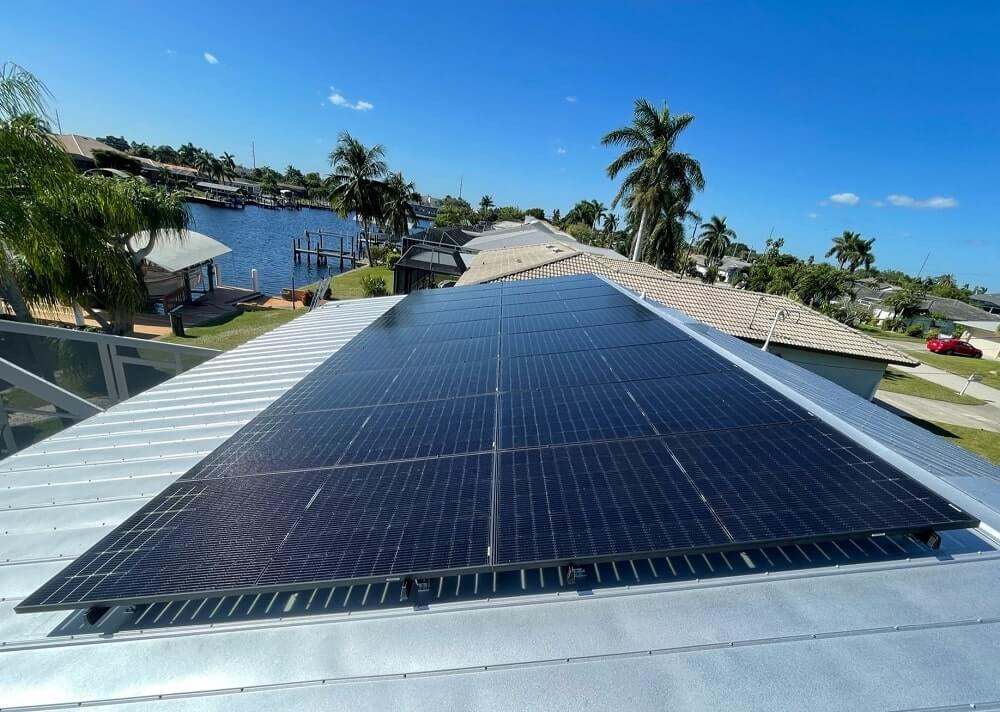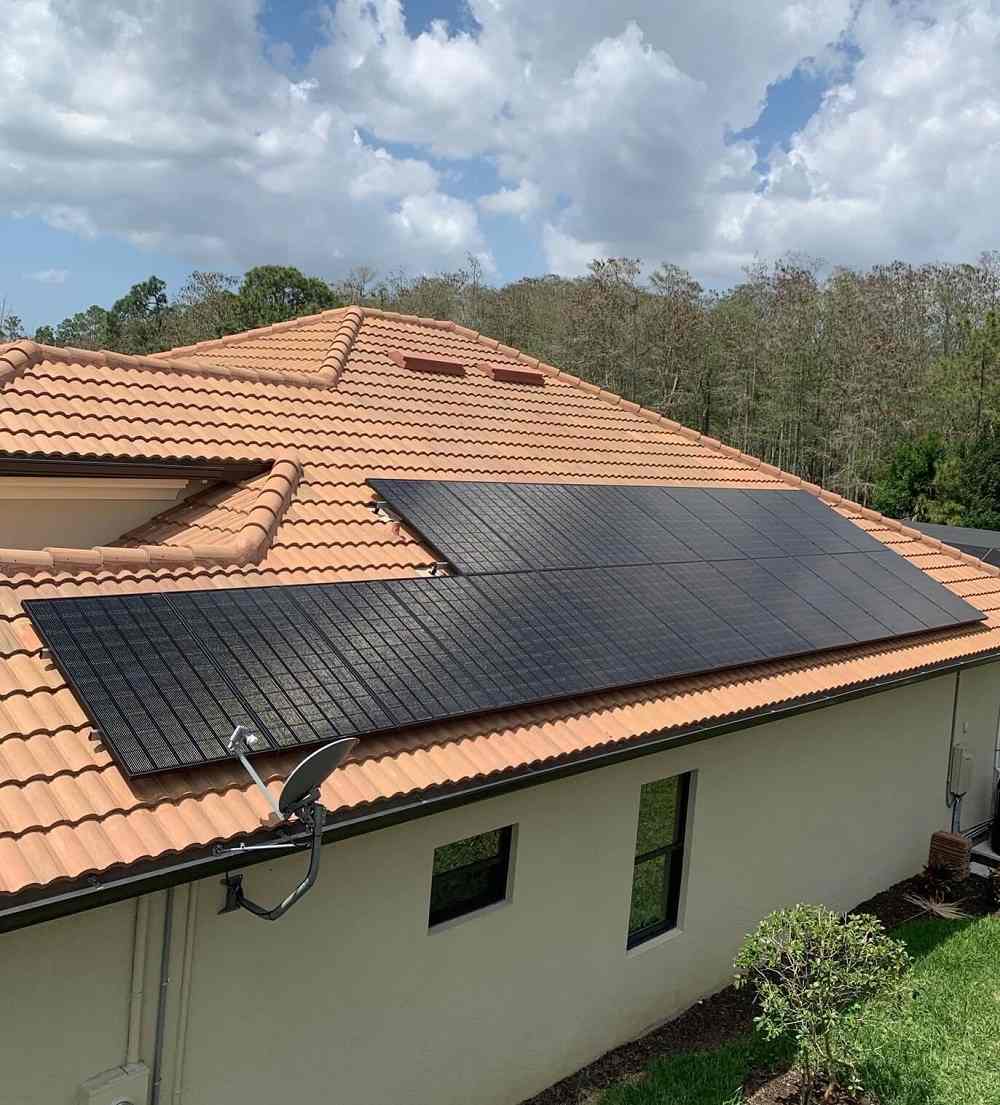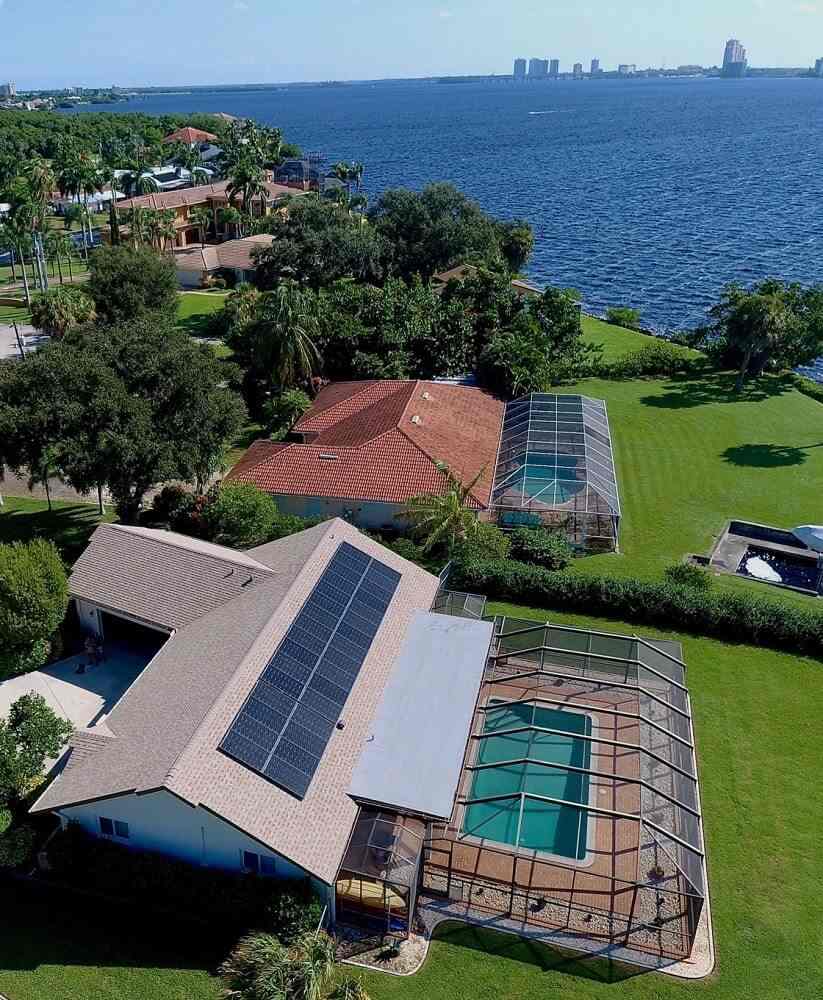IS PHOTOVOLTAIC SOLAR A GOOD INVESTMENT?
While there are different ways of obtaining solar power for your home, adding your own solar system to your own residence is an investment that not only pays off instantly by decreasing your electricity bill but also pays off in the future as the value of the system adds to your residence’s overall value.
Many customers pay off their initial investment within 10-12 years with many different financing options available. After that period, your home has a sustainable, predictable energy option that pays back your initial investment numerous times over.
When you’re looking to buy a home, you’re probably comparing neighborhoods, outlining preferences, and taking steps to define your budget and long-term goals. It is a thrilling chapter in your life AND the ideal time to embrace renewable energy! A solar energy system can quickly improve the return on your investment by adding value, convenience, and savings to your home.
Solar power is also a promising investment in the future of our planet. An average-sized residence solar power system helps eliminate three to four tons of carbon emissions each year, equivalent to planting more than 100 trees. As a source of clean energy, solar power doesn’t produce greenhouse gasses and other toxic emissions that can be harmful to the environment, so your financial investment can even be an investment in the health and safety of coming generations. It’s a win-win for you and your family!



